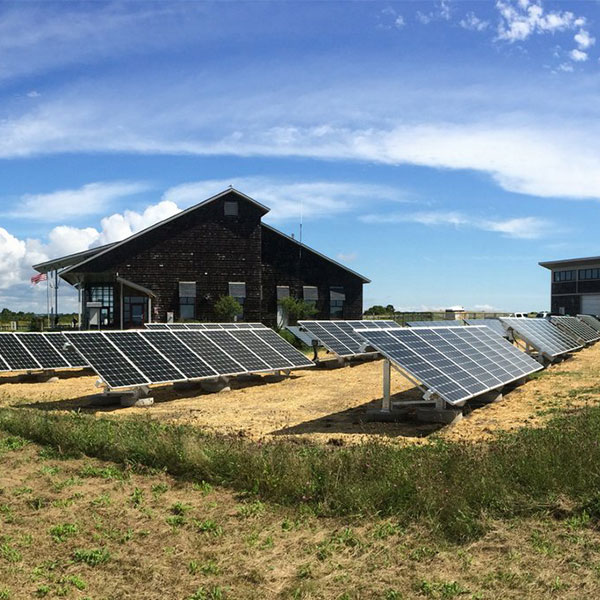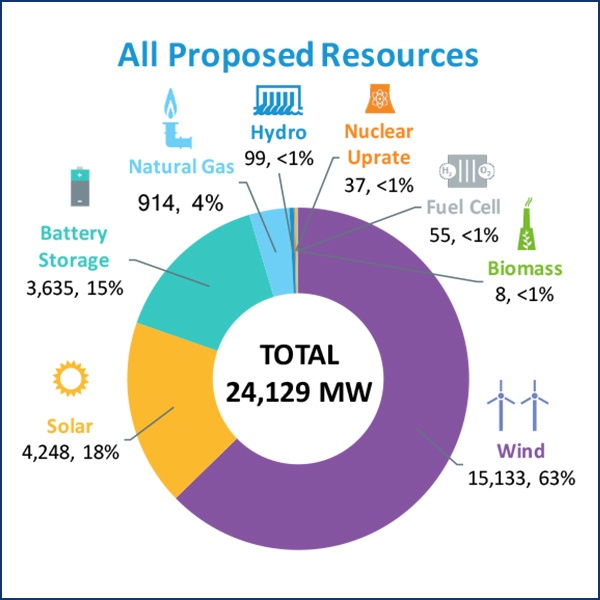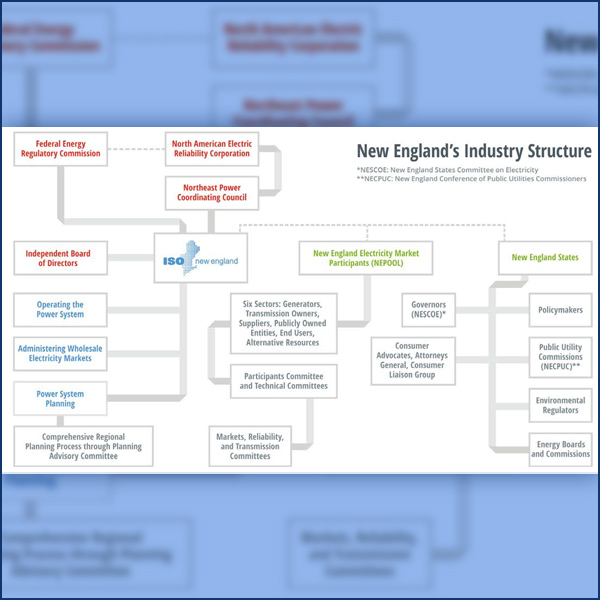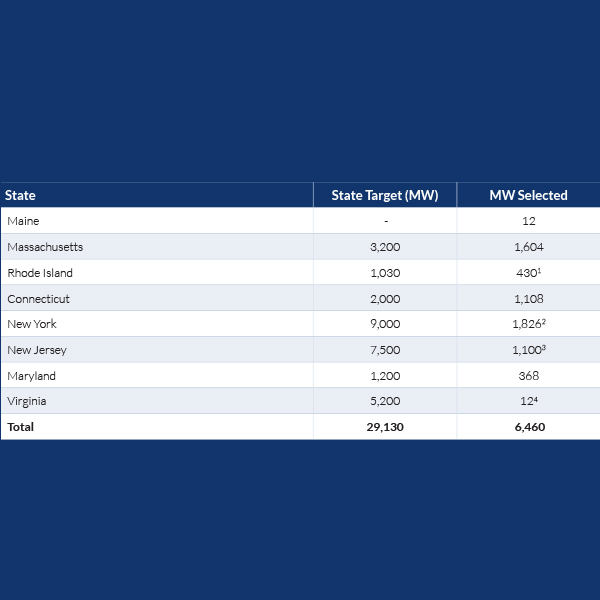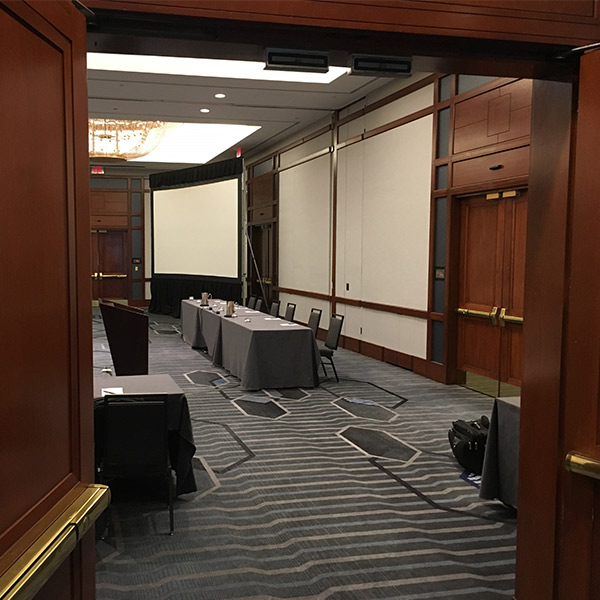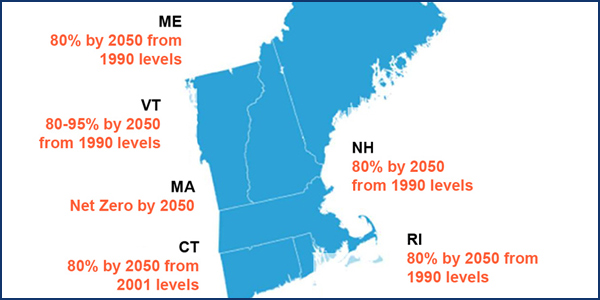Rhode Island
The Rhode Island PUC rejected a proposal from National Grid to remove barriers for low-income customers to access clean energy.
Energy officials in New England are concerned that ISO-NE’s transmission planning process cannot adapt to the evolving resource mix.
New England state officials heard suggestions for how ISO-NE’s electricity markets could be altered to aid in the implementation of decarbonization mandates
Tensions between New England states and ISO-NE came to a head last year when five governors issued a joint statement calling for reforms to the RTO.
Connecticut, Massachusetts, Rhode Island and D.C. agreed to launch the Transportation and Climate Initiative Program.
State energy leaders from Connecticut, Massachusetts, Rhode Island and Maine outlined their long-term strategies to achieve decarbonization goals.
R.I. Gov. Raimondo announced a new solicitation to procure up to 600 MW of offshore wind energy, moving the state closer to 100% renewables by 2030
NESCOE called on ISO-NE to increase its transparency and the role of states, saying the current structure is incompatible with their clean energy efforts.
ISO-NE stakeholders said the call for reforms by New England governors is a precursor to a seismic shift in relations between the states and the RTO.
The governors of Connecticut, Maine, Massachusetts, Rhode Island and Vermont released a joint statement calling for reforms to ISO-NE.
Want more? Advanced Search
